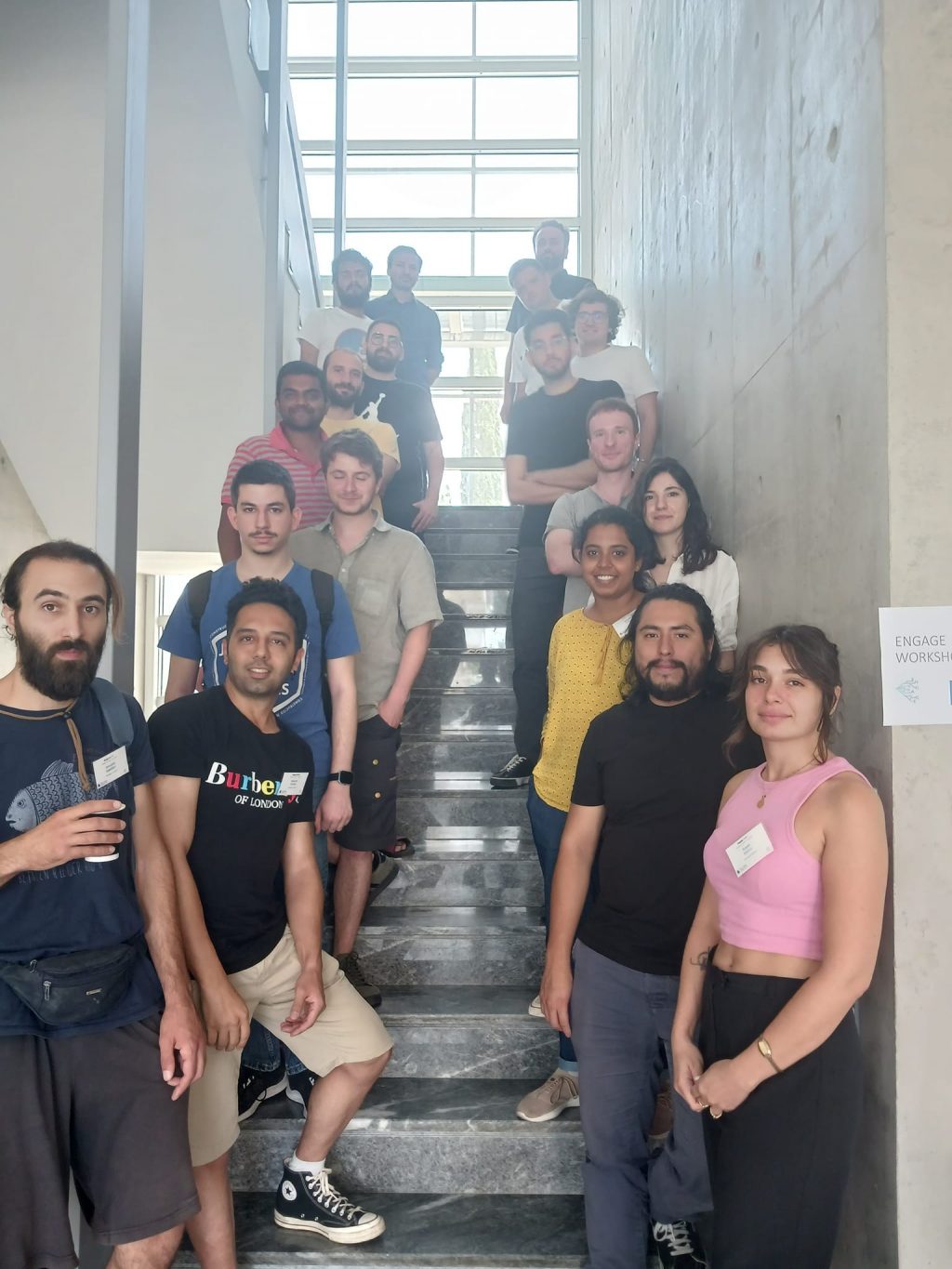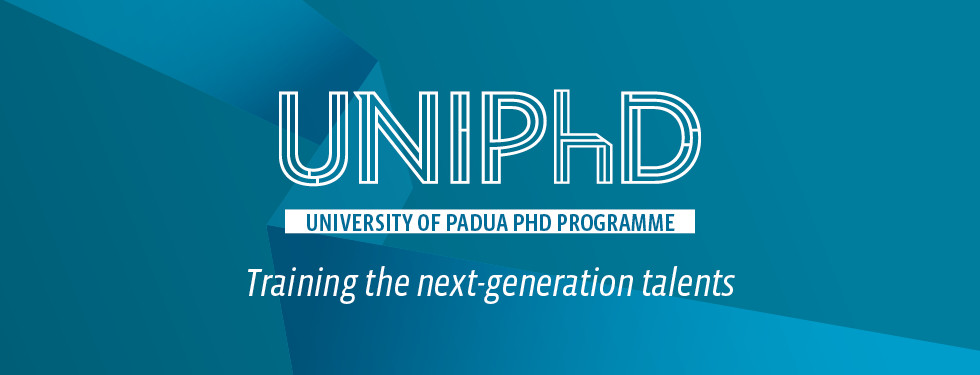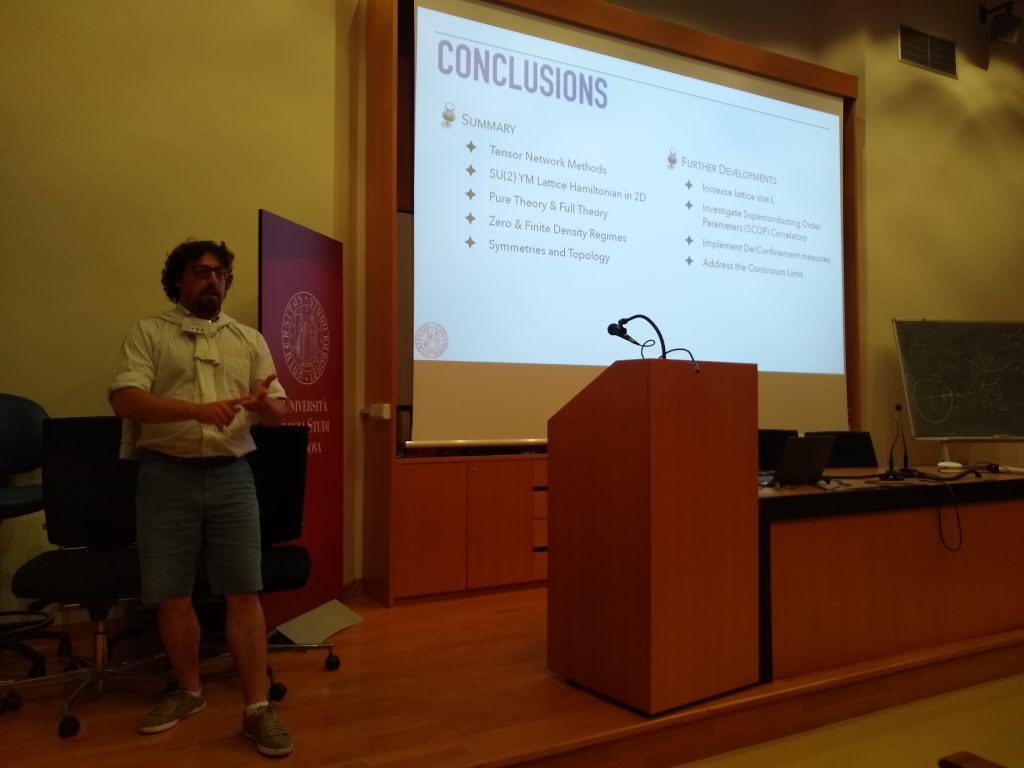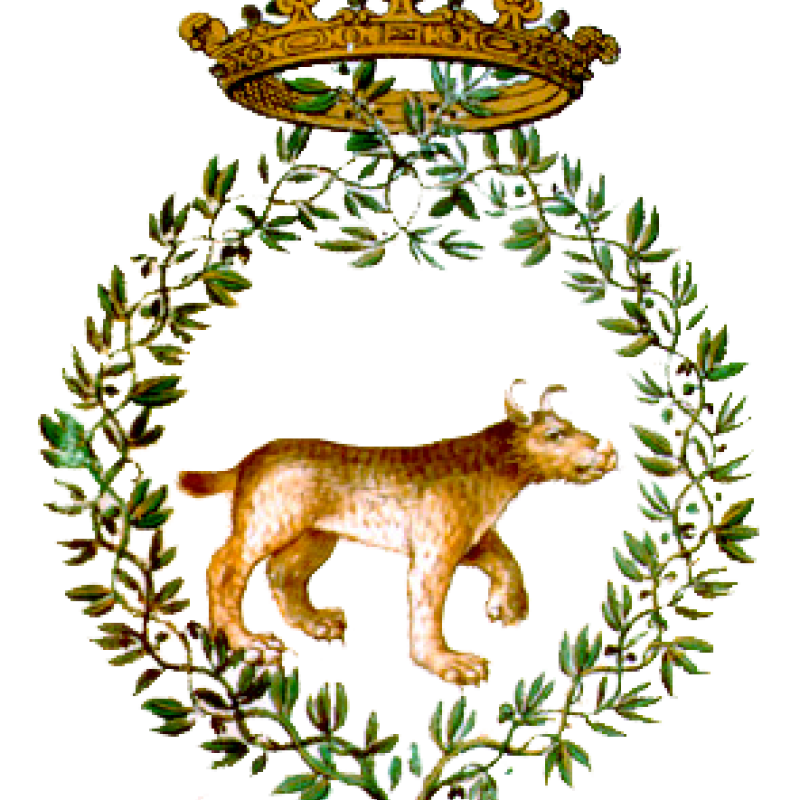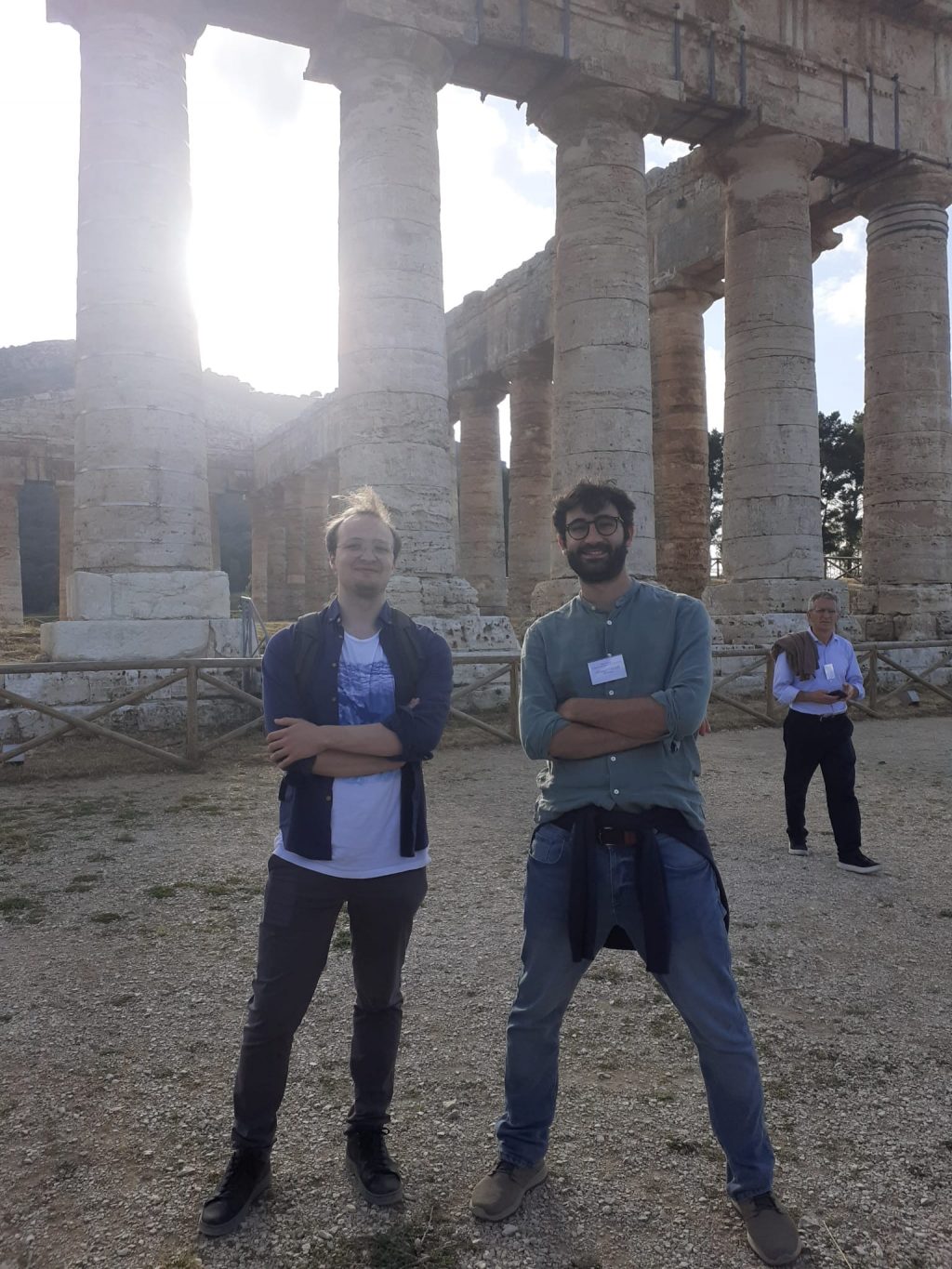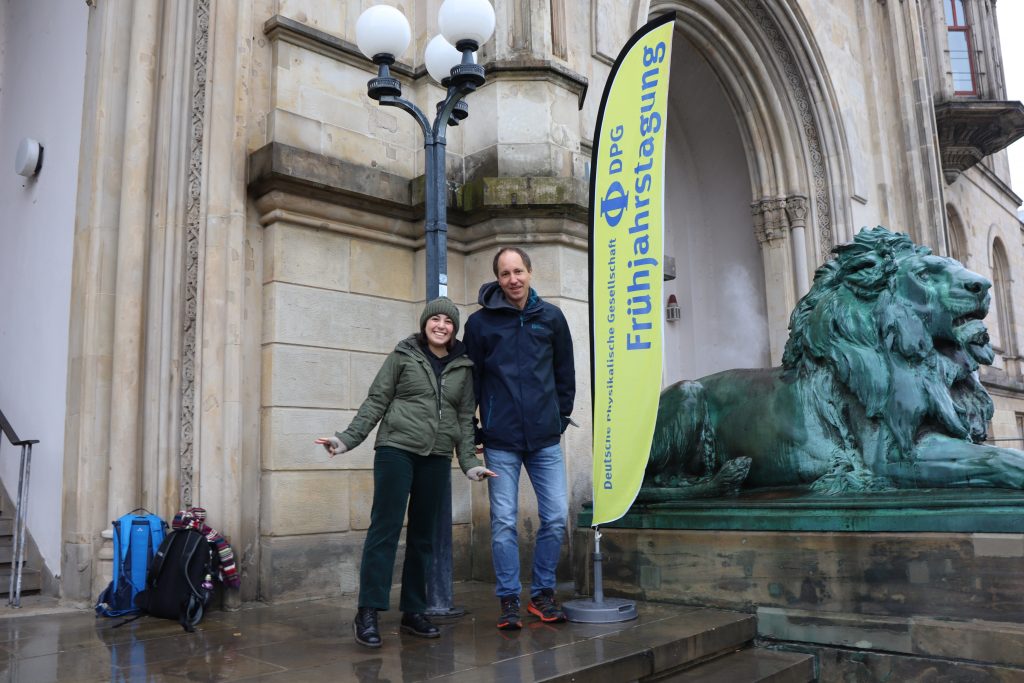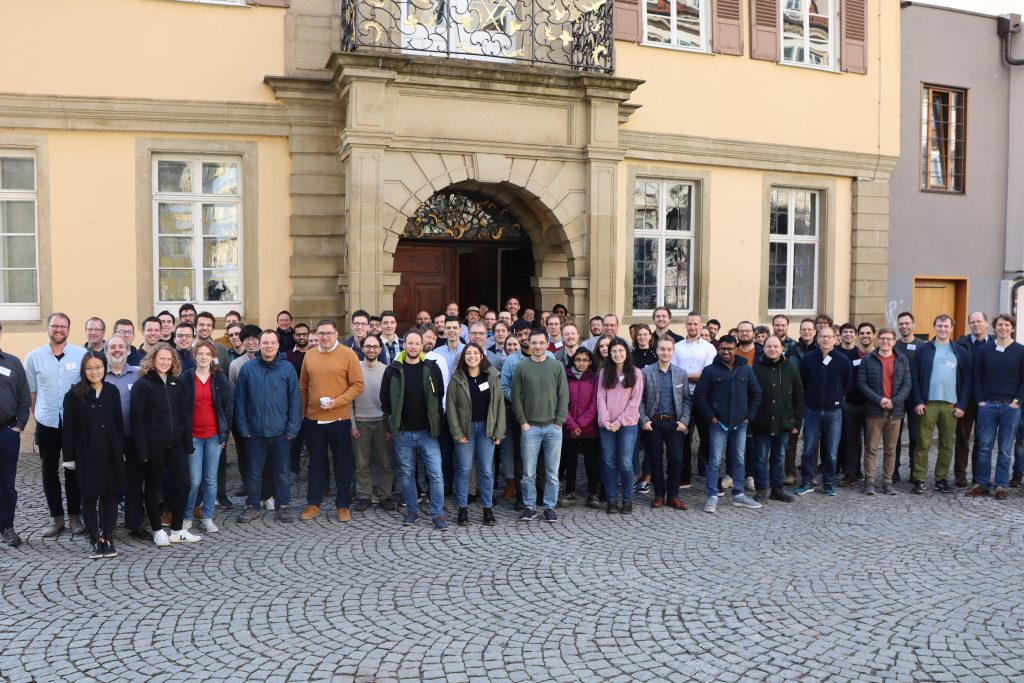Nuove prospettive per la progettazione di dispositivi elettronici e atomici È stato pubblicato nella rivista scientifica «Nature Reviews Physics» l’articolo di Andrea Tononi, ricercatore del Laboratorio di Fisica teorica e modelli statistici dell’Università Parigi-Saclay, e Luca Salasnich, professore presso il Dipartimento di Fisica e astronomia “Galileo Galilei” dellìUniversità di Padova. In questo lavoro, i due fisici riassumono alcuni sviluppi recenti della ricerca scientifica sui cosiddetti “gas atomici ultrafreddi”, analizzando anche le prospettive per il futuro. Lo studio di Tononi e Salasnich analizza le nuova direzioni di ricerca della fisica degli atomi freddi, nata in seguito ad alcuni esperimenti condotti negli ultimi 3 anni: lo studio dei gas intrappolati in geometrie curve. Nel 2022, infatti, è stato prodotto per la prima volta un gas di atomi di rubidio confinati vicino ad un guscio ellissoidale. L’esperimento in questione si è svolto all’interno della Stazione Spaziale Internazionale (Figura in copertina), ed è stato controllato da remoto (sulla Terra) da ricercatori statunitensi della NASA. L’interesse fondamentale alla base della ricerca sui gas ultrafreddi in geometrie curve è comprendere come la geometria curva può modificare le proprietà dei sistemi fisici, per esempio innalzare la temperatura al di sotto della quale si innescano la superfluidità e la superconduttività. Come spiegato dai due autori, vi sono notevoli prospettive scientifiche e tecnologiche legate alla manipolazione della curvatura spaziale e della geometria curva nei più diversi materiali, sia fluidi che solidi. «Quello che abbiamo evidenziato nel nostro lavoro – aggiunge Salasnich – è che vari fenomeni, tra i quali la superfluidità e la superconduttività, possono essere controllati cambiando la curvatura spaziale del materiale nel quale avvengono. Infatti, a temperature ultrabasse, si osserva in certi materiali l’assenza di resistenza elettrica (superconduttività) e quindi la corrente elettrica scorre senza attrito. La stessa cosa avviene in questi esperimenti con gli atomi, dove c’è assenza di viscosità (superfluidità). La temperatura critica al di sotto della quale si ha l’assenza di attrito, cioè l’assenza di resistenza elettrica e viscosità, può essere in particolare controllata cambiando la curvatura spaziale del materiale.» «Queste ricerche innovative – conclude Salasnich – possono avere rilevanti ricadute nella progettazione e realizzazione di nuovi dispositivi elettronici ed atomici. Per esempio, c’è un nuovo settore di ricerca, chiamato atomtronica, che cerca di riprodurre con gli atomi l’elettronica che si fa attualmente con i dispositivi elettrici, con il vantaggio che con gli atomi è più semplice ottenere l’onda di materia macroscopica che produce una completa coerenza e superfluidità.»

